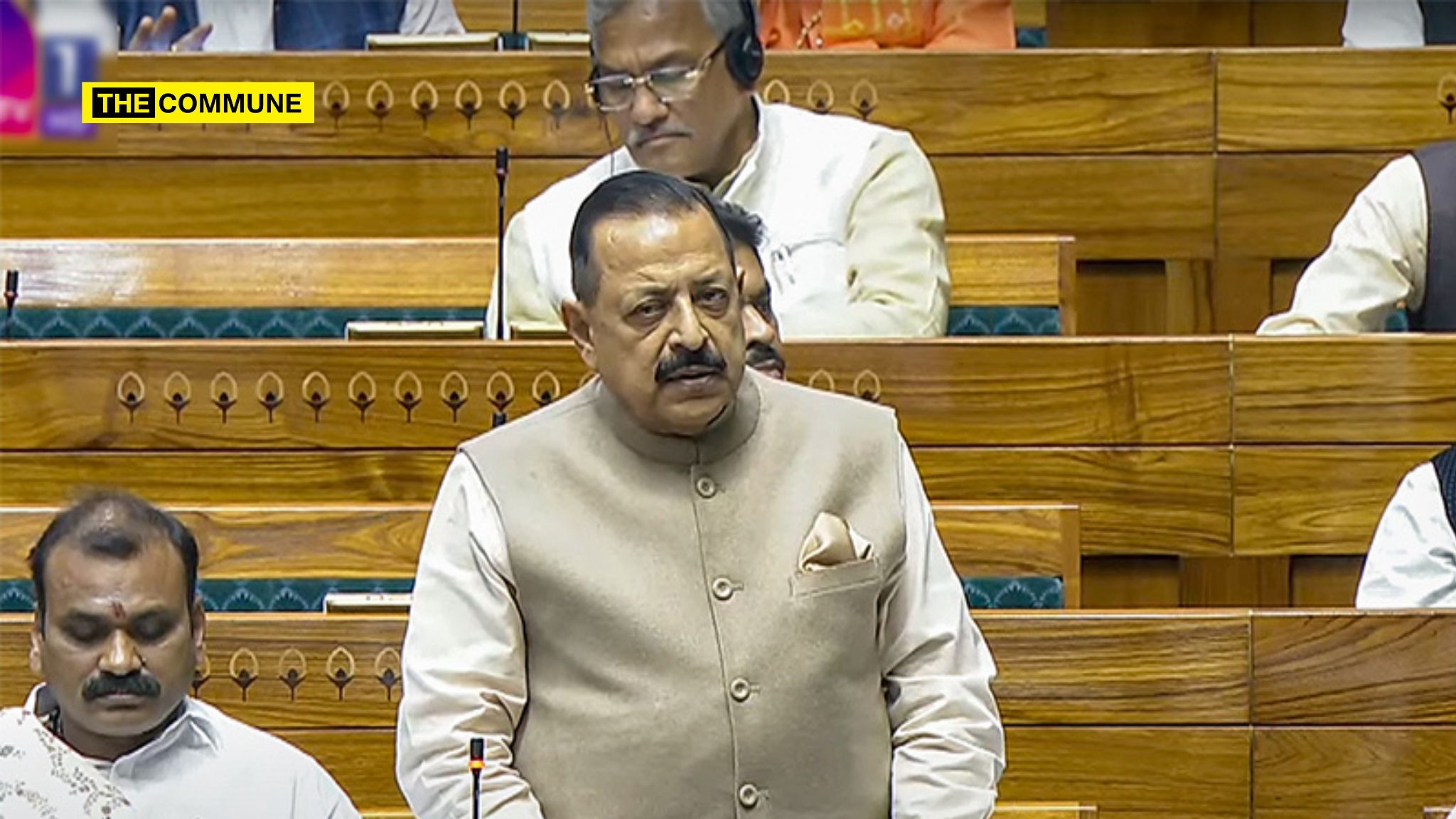
Union Minister of State (Independent Charge) for Science and Technology Jitendra Singh said in a written reply in the Lok Sabha on Wednesday that the much-awaited NASA-ISRO Synthetic Aperture RADAR (NISAR) mission will likely be launched in March 2025. NISAR is an Earth science mission being jointly developed by NASA and ISRO under a collaborative agreement.
It was earlier slated for launch in the first half of 2024 but was delayed as the 12-meter Radar Antenna Reflector “needed some corrective actions”, which was detected during the assembly, integration, and testing phase by NASA experts. After rectification in the US, it was delivered to ISRO by NASA in October. Currently, the radar is being “re-integrated with the satellite and undergoing necessary tests,” the Union Minister informed. He further explained that the conditions to launch the satellite “are not conducive” now “due to the eclipse season”. “In view of the aforementioned factors, NISAR is now likely to be launched during March 2025,” Singh said. He said space exploration missions take an exhaustive time cycle that includes conceptualisation, design, development of prototype, qualification and flight model and numerous tests, design iterations, supply chain, and extensive reviews of several complex and Indigenous technologies.
Further, with international collaborations, the challenges “include geo-political considerations, establishing common mission objectives, alignment with respective national priorities and ensuring timely availability of resources/infrastructure,” Singh said. He also informed that the government recently approved the Chandrayaan-4 and Venus Orbiter Mission that would further the capabilities in various elements of satellite realisation. “The Chandrayaan-4 mission envisages extraction and return of lunar samples back to Earth. The Venus Orbiter Mission aims to successfully orbit Venus and better understand the Venusian surface and subsurface, atmospheric processes, and influence of the Sun on Venusian atmosphere,” Singh said.
The new Indian Space Policy also significantly emphasises space debris mitigation requirements and Space Situational Awareness (SSA) capacity building. ISRO also spearheads the recently unveiled Debris Free Space Mission (DFSM) initiative to achieve debris-free space missions by all Indian space actors, both governmental and non-governmental, by 2030. The initiative aligns with global efforts for space sustainability, positioning India as a nation prioritising safety, security, and sustainability in outer space activities. Meanwhile, the Union Cabinet has also approved the establishment of a Rs 1,000 crore Venture Capital fund dedicated to supporting India’s space sector. The fund is expected to support approximately 40 startups in the sector and will accelerate the private space industry’s growth.
–IANS
Subscribe to our Telegram, WhatsApp, and Instagram channels and get the best stories of the day delivered instantly.




